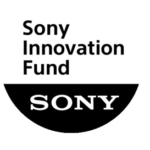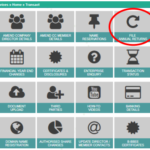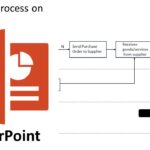
South Africa's township economy, worth over R100 billion, is under siege by counterfeit goods. With 15-20% of spaza shop products potentially fake, legitimate businesses face devastating economic challenges. These counterfeit items erode profit margins, undermine local entrepreneurship, and pose serious health risks, particularly in pharmaceutical and food sectors.
The impact extends beyond individual businesses, threatening job creation, tax revenue, and economic growth. Combating this issue requires a multi-faceted approach: stronger law enforcement, consumer education, government support, and industry collaboration. By addressing the counterfeit trade, we can protect township entrepreneurs and safeguard South Africa's economic future.
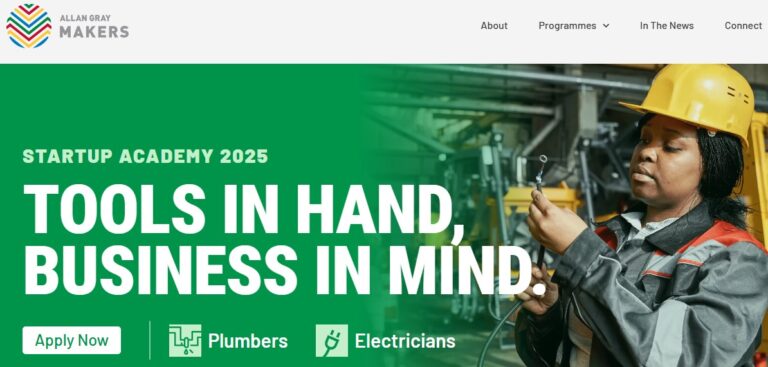
The Allan Gray Makers Startup Incubator offers an 8-month incubation program for South African electricians and plumbers aged 18-35. This initiative provides essential business training, mentorship, and a monthly R3000 transport allowance to transform skilled artisans into successful entrepreneurs. Operating across Gauteng, Mpumalanga, KwaZulu-Natal, Eastern Cape, and Limpopo, the program supports both aspiring and early-stage business owners in the trades sector. Applications for the 2025 cohort close January 31, 2025.
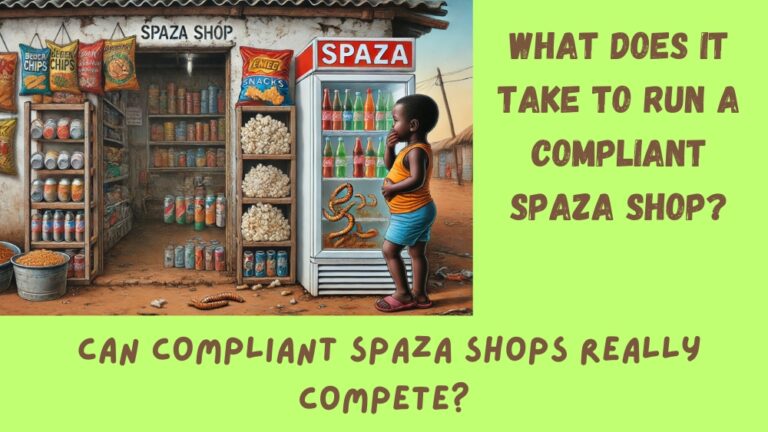
Discover the requirements for operating a compliant spaza shop in South Africa's township economy. Compliance include business registration, good safety and facilities preparedness. The level of regulation makes it difficult for compliant spaza shops to be price competitive; the suggestion is to enforce regulations across the board.
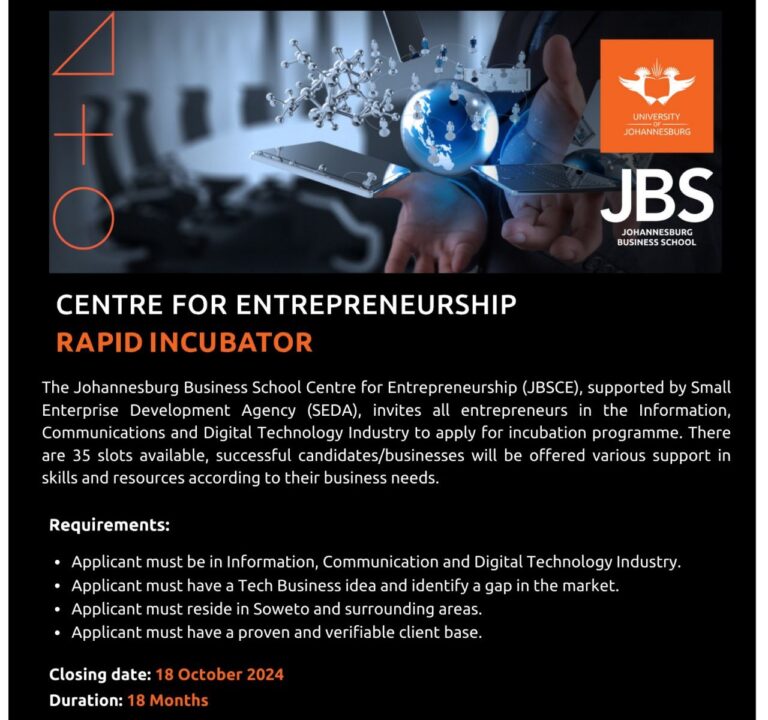
The Johannesburg Business School Centre for Entrepreneurship (JBSCE), in partnership with the Small Enterprise Development Agency (SEDA), invites tech entrepreneurs in the Soweto area to join the SEDA UJ Rapid Incubator programme.
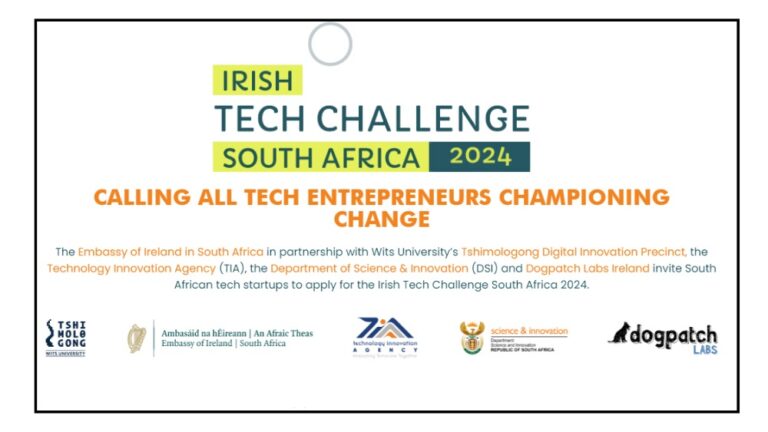
The Irish Tech Challenge is aimed at bridging the gap between South Africa's and Ireland's tech sectors as well as empowering innovation and entrepreneurship in South Africa. The initiative will select 7 entrepreneurs that have their sights set on scaling their startups globally.

If you run a small business in South Africa and it is registered for tax, then you must have tried to raise a query through the South African Revenue Services (SARS) at some point. To save you the pain and the frustration, let us share with you our 5 simple steps we follow to contact SARS. We consistently use this process every time and, although it takes time, it simply works.
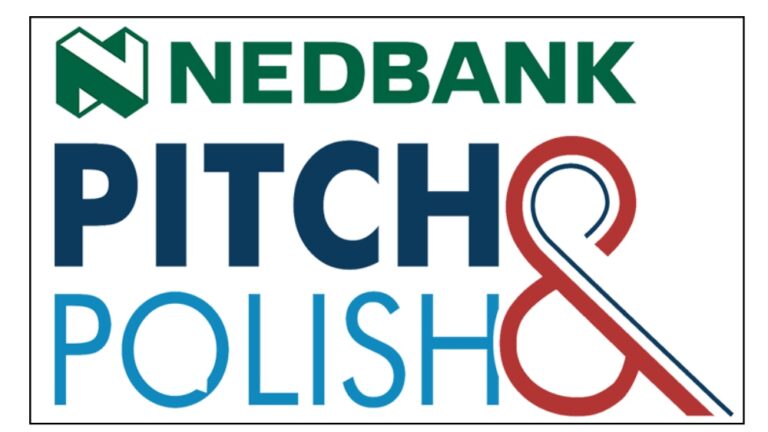
The Pitch and Polish competition is a great opportunity for entrepreneurs to win prizes worth R1 million to use towards growing their business. The competition is sponsored by Nedbank and in partnership with Raizcorp, a business incubator, for promotion and execution. There is no specific mandate in terms of sectors that are targeted, and this means that all business owners may participate.
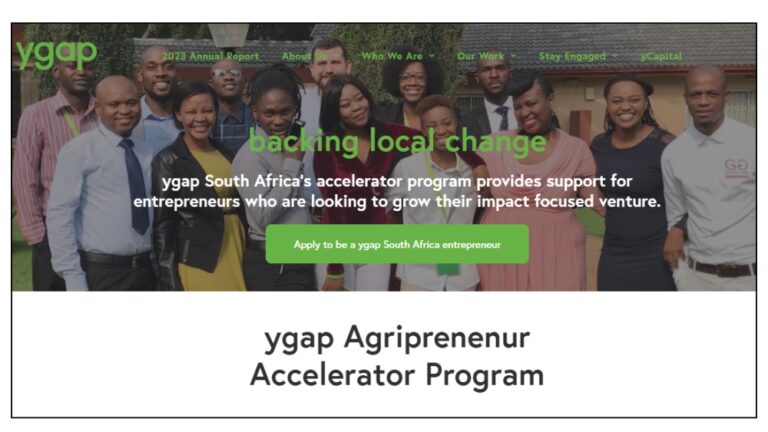
This opportunity is for South African entrepreneurs in agriculture to join the 12-month YGap Agripreneur Accelerator. The opportunity is open to post-revenue startups, preferable participating in the following key areas: gender, climate and technology.
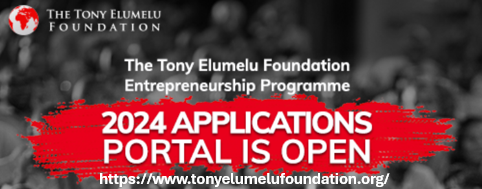
The Tony Elumelu Foundation Entrepreneurship Programme is a structured training opportunity designed to address the most common hurdles faced by entrepreneurs in Africa. The programme will categorize entrepreneurs according to their knowledge and skill; and will provide a targeted, hands-on, learning process. Entrepreneurs must complete this programme to proceed to pitching their business plan and to receive the $5000USD capital.
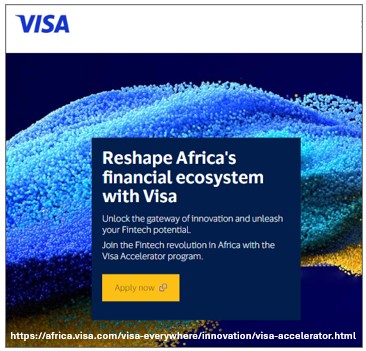
One of the key responsibilities of an entrepreneur is ensuring compliance with both industry-specific and national legal regulations. Failure to adhere to these requirements can significantly impede critical business activities. For example No funder will consider investing time or money in a business that does not comply to laws and that risk penalties and fines.

One of the key responsibilities of an entrepreneur is ensuring compliance with both industry-specific and national legal regulations. Failure to adhere to these requirements can significantly impede critical business activities. For example No funder will consider investing time or money in a business that does not comply to laws and that risk penalties and fines.
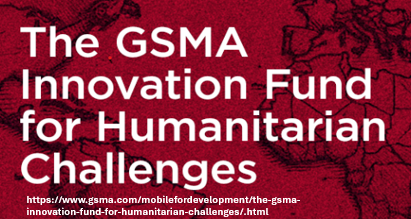
The GSMA Innovation Fund offers R2.5-R6 million to African startups addressing humanitarian challenges with GSM/digital technologies. It requires applicants to secure 25-50% matched funding, prioritizes women-led initiatives, and offers non-financial support. Companies must be post-revenue and may not exceed 250 employees. Applications close on 12 February 2024.
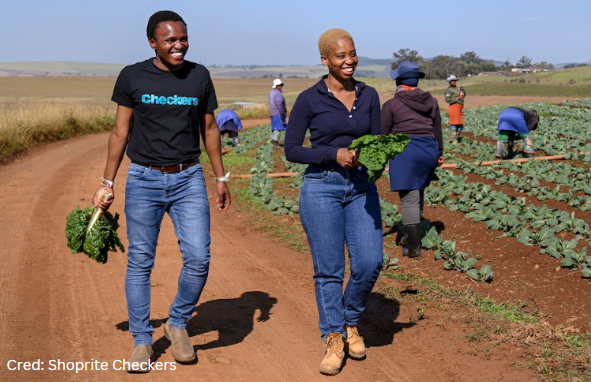
Agrikool, an Agritech company founded in 2019, connects farmers with retailers through technology, reducing operating costs and ensuring prompt payments. With rapid growth and successful funding rounds, it has disrupted the market and benefited both farmers and retailers. By addressing the demand for efficiency in the food supply chain, Agrikool has emerged as a winning business.

By utilizing PowerPoint, entrepreneurs can streamline processes without investing in complex software or excessive training time.
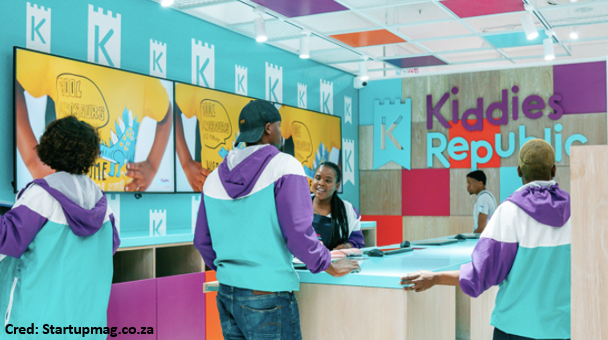
The closing of the Kiddies Republic, the newest venture that was created by Lekau Sehoana, the entrepreneur behind DRIP Footwear, is disappointing but not the big train smash that it was initially made out to be. DRIP is one of the…
















